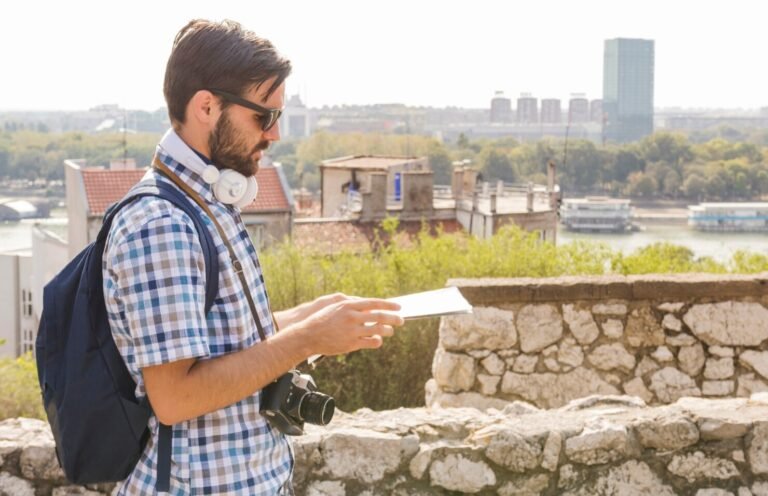Introduction:
Welcome to the Politicser.com Pepperboy Travel Archives, where we dive into a unique fusion of politics and travel. This archive is dedicated to exploring how travel and political landscapes intersect, providing insights into global cultures, policies, and the dynamic forces that shape the way people interact with the world. Whether you’re a seasoned traveler or someone curious about how politics influence tourism and exploration, our articles will take you on a journey like no other.
The Intersection of Politics and Travel
In today’s globalized world, politics plays an undeniable role in shaping travel experiences. From visa policies and border restrictions to the promotion of tourism by government bodies, the political environment has a profound impact on where and how people travel. Countries with stable governments often see a boost in tourism, while political instability can result in travel advisories or sudden shifts in traveler behavior. In some cases, government policies aim to attract specific types of tourists—such as eco-tourism, medical tourism, or business travel—thus influencing the travel narrative. The relationship between politics and travel is multifaceted and complex, and understanding this dynamic can provide deeper insights into how our world connects and interacts.
Global Destinations in a Politically Charged World
When considering travel, some destinations are more impacted by political situations than others. Political tensions can lead to changes in tourism patterns, affecting everything from the availability of flights to the safety of travelers. For example, regions affected by conflict, political unrest, or diplomatic disputes may see a decline in tourism, while destinations with stable political climates may experience a surge in visitors. Understanding the political situation in any given location can be crucial for travelers making decisions on where to go. However, it’s not just about safety; some destinations actively leverage political stability and government initiatives to make their region more appealing to international tourists, thus influencing their global appeal and reputation.
How Travel Influences Politics
Travel does not only affect politics on a macro scale but can also have localized political impacts. Tourism brings with it economic benefits, social exchanges, and cultural experiences, which, in turn, shape public policies and political discussions. When countries experience an influx of tourists, governments often need to adjust policies to accommodate this surge, such as improving infrastructure, ensuring security, or offering incentives for local businesses. Moreover, travel can spark political discussions about cultural preservation, environmental concerns, and the ethics of tourism, particularly in sensitive regions or areas of historical significance. As people explore new lands, their experiences often translate into advocacy, shifting attitudes, and ultimately influencing the political discourse surrounding travel and tourism.
Travel Journalism as a Political Tool
politicser.com pepperTravel archives journalism has increasingly become a tool for political expression and advocacy. Journalists who venture into politically charged regions often provide firsthand accounts that offer a unique perspective on a country’s internal challenges, achievements, and contradictions. Travel writers can shed light on the effects of political decisions on local populations, helping global audiences gain insight into the lives of people affected by political shifts. This form of journalism, which is both informative and compelling, has the power to shape opinions and even encourage political change. By highlighting the intersection of travel and politics, journalists have the opportunity to influence public discourse, encourage dialogue, and even promote positive action in politically tumultuous times.
The Future of Travel and Politics
Looking forward, the relationship between travel and politics is bound to evolve further. Emerging technologies, such as digital nomad visas and the rise of remote work, are already challenging traditional notions of where and how people travel. Additionally, climate change and environmental policies will likely play an increasingly significant role in shaping tourism trends. Governments will need to balance promoting travel and tourism with addressing the environmental impact of mass tourism. Furthermore, geopolitical shifts and changing economic landscapes will continue to influence travel, with new regions rising in prominence while others may fade from the spotlight. The future of travel promises to be shaped by the intersection of technology, environmental concerns, and political decisions, creating a constantly shifting landscape for both travelers and the governments that shape their journeys.

